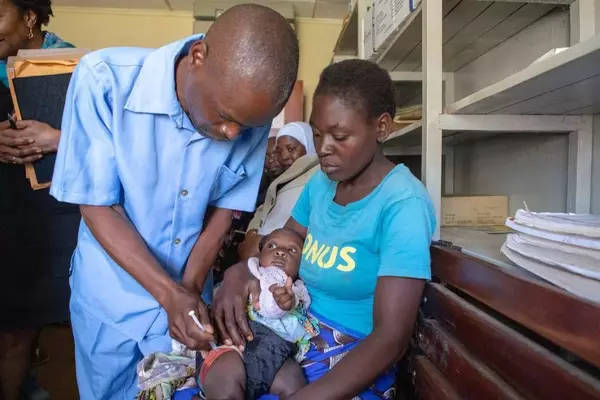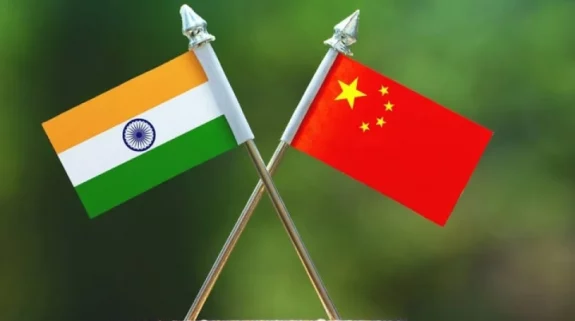The World Health Organization on Wednesday endorsed the RTS,S/AS01 malaria vaccine, the first against the mosquito-borne disease that kills more than 400,000 people a year, mostly African children, according to a press statement on the WHO website.
The decision followed a review of a pilot programme deployed since 2019 in Ghana, Kenya and Malawi in which more than two million doses were given of the vaccine, first made by the pharmaceutical company GSK in 1987.
After reviewing evidence from those countries, the WHO said it was "recommending the broad use of the world's first malaria vaccine", the agency's director general Tedros Adhanom Ghebreyesus said.
The WHO said it was recommending children in sub-Saharan Africa and in other regions with moderate to high malaria transmission get four doses up to the age of two.
Also read: WHO pins hopes on India resuming vaccine exports as Africa faces crisis
Every two minutes, a child dies of malaria, the agency said.
Many vaccines exist against viruses and bacteria but this was the first time that the WHO recommended for broad use a vaccine against a human parasite.
The vaccine acts against plasmodium falciparum — one of five malaria parasite species and the most deadly.
"From a scientific perspective this is a massive breakthrough," said Pedro Alonso, Director of the WHO Global Malaria Programme.
More than half of malaria deaths worldwide are in six sub-Saharan African countries and almost a quarter are in Nigeria alone, according to 2019 WHO figures.
Symptoms include fever, headaches and muscle pain, then cycles of chills, fever and sweating.
Findings from the vaccine pilot showed it "significantly reduces severe malaria which is the deadly form by 30 percent," said Kate O'Brien, Director of WHO's Department of Immunization, Vaccines and Biologicals.
The vaccine is "feasible to deliver", she added and "it's also reaching the unreached… Two thirds of children who don't sleep under a bed net in those countries are now benefiting from the vaccine."




















